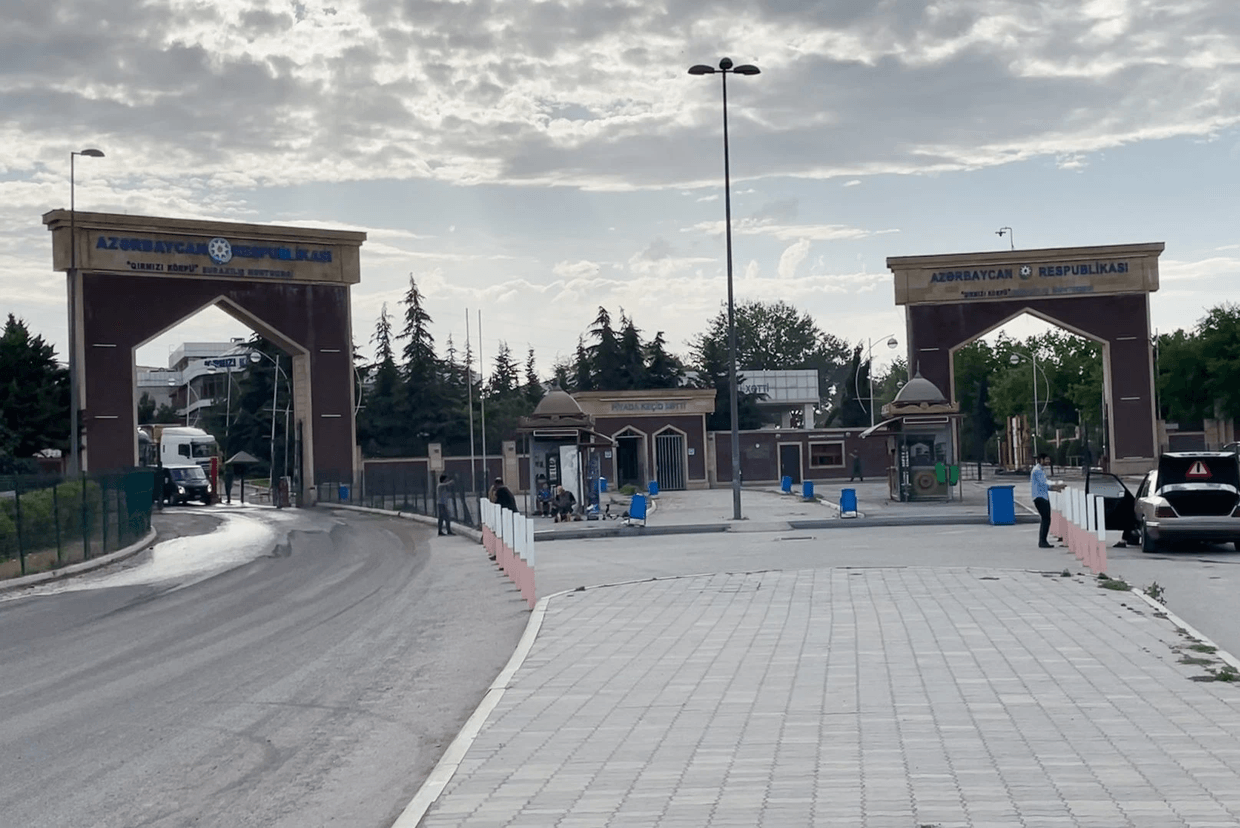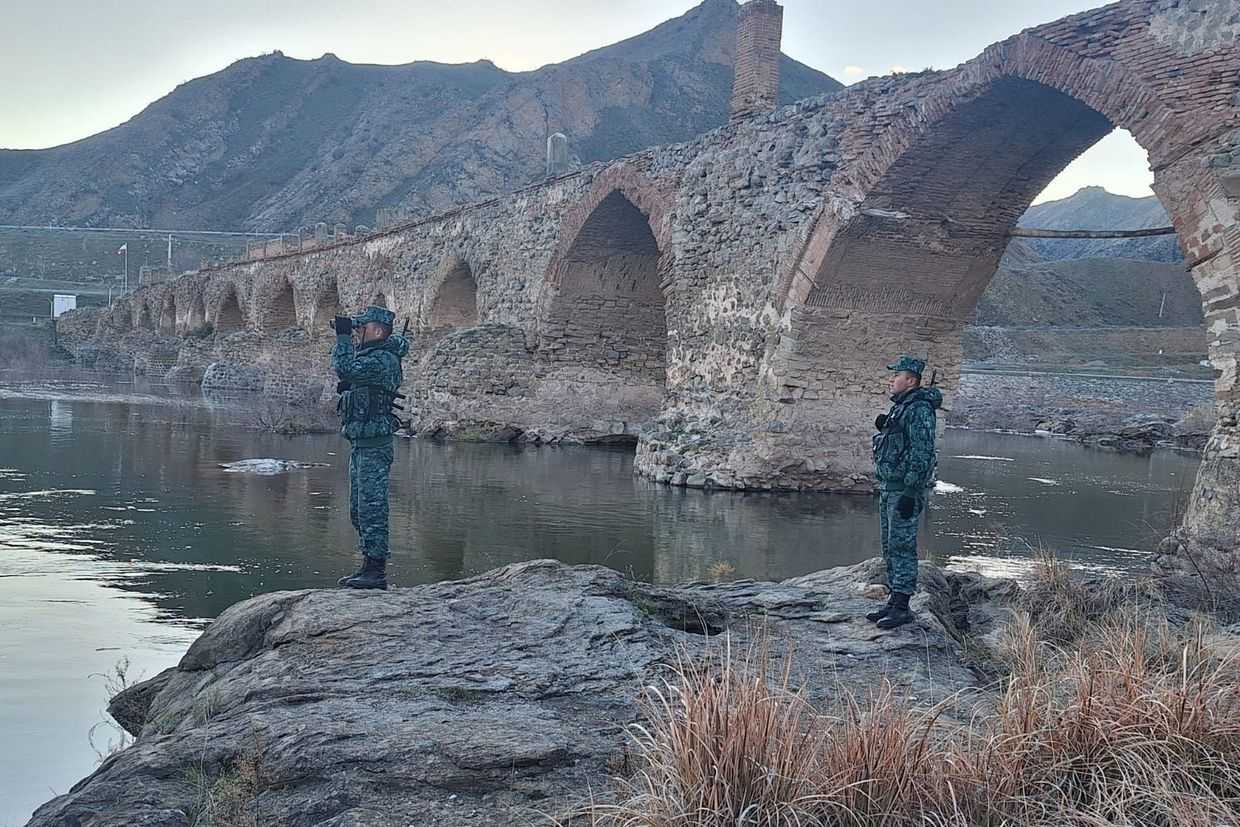
Azerbaijan has once again extended the ‘the special quarantine regime’ in place due to the COVID-19 pandemic, meaning that the land border will remain closed. The measure, in place since the spring of 2020, will now be in effect until January 2026, the state-run media outlet Azertac reported on Monday.
There were no specific reasons given for the extension, beyond ‘prevent[ing] the spread’ of COVID-19 and limiting the ‘potential complications’.
The order was signed by Prime Minister Ali Asadov.
The country has dropped all other anti-pandemic measures, including the use of facemasks and vaccination certificates, and has allowed Azerbaijanis and foreign nationals to enter the country by air without PCR tests or evidence of vaccination.
Cargo from Georgia, Russia, Iran, and Turkey has remained allowed to enter the country by land. In addition, it is possible to cross into Turkey over land from the exclave of Nakhchivan.
Azerbaijan’s borders remain closed despite the World Health Organisation announcing the end of the COVID-19 global health emergency in May 2023. The vast majority of countries across the world have lifted similar restrictions.
Activists have long criticised the border closure, pointing to the significant burden it places on Azerbaijani citizens, many of whom cannot afford to buy plane tickets in order to leave the country.
Others have alleged that the border closure remains in place because the family of President Ilham Aliyev financially benefits from the national airline, Azerbaijan Airlines.











